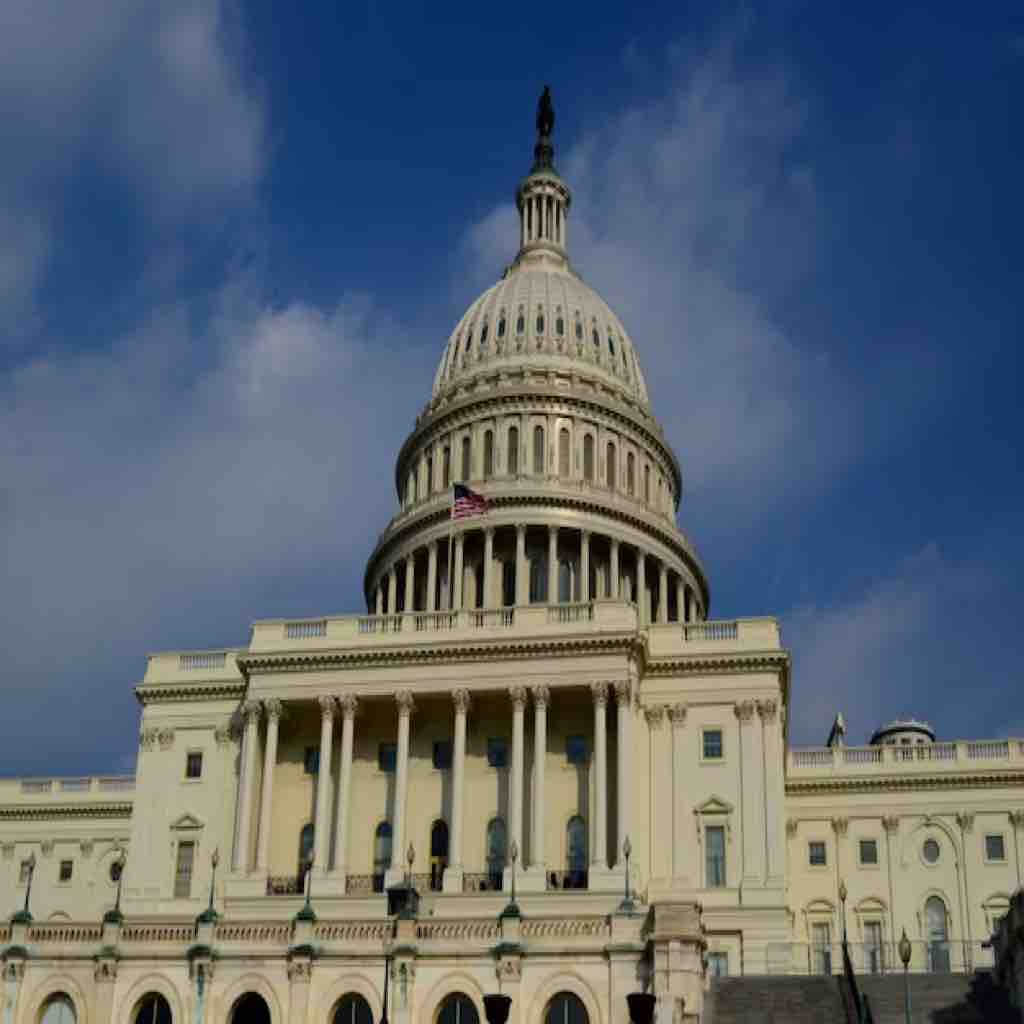In a recent statement, the FDIC Vice Chair, Travis Hill, made a compelling plea to the Securities and Exchange Commission (SEC). He emphasized the need for more precise regulatory guidance within the cryptocurrency sector. Hill pointed out the challenges posed by the current broad interpretation of “crypto-assets” by the SEC. He stressed that the definition could encompass not only blockchain-native assets but also tokenized real-world assets. The call for clarity is a step towards fostering innovation while ensuring robust regulation in the digital asset space.
Hill articulated concerns regarding the SEC’s expansive approach to defining crypto-assets. He argued that this ambiguity hampers the growth and integration of innovative technologies. The FDIC Vice Chair highlighted the potential of tokenization, noting its benefits like 24/7 operation, real-time settlement, and programmability. By urging the SEC to refine its definitions, Hill aims to open the door for advancements in areas such as intraday repo transactions and the simplification of multi-currency bond issuances.
FDIC vice chair advocates for tokenization benefits
The statement by the FDIC Vice Chair further delved into the practical advantages of tokenization. Hill showcased how this technology could revolutionize traditional processes, such as eliminating escrow in home buying. He underlined the efficiency gains from programmable assets, which could significantly streamline complex financial operations. Hill’s insights into tokenization underscore its capacity to enhance the economic landscape through innovations like faster settlement times and improved transaction processes.
Furthermore, Hill called for enhanced collaboration among regulators, financial institutions, and tech developers to overcome current barriers. He stressed the importance of establishing clear guidelines that would not only foster innovation but also safeguard consumer protection and market integrity. The FDIC Vice Chair also emphasized the significance of accelerating efforts towards interoperability. Such initiatives are crucial for ensuring seamless integration across various blockchain ecosystems, thereby enhancing the utility and reach of digital assets.
Regulatory challenges and the path forward
In his statement, the FDIC Vice Chair raised concerns about the applicability of SEC Staff Accounting Bulletin 121 (SAB 121) to a broader range of tokenized assets. He questioned the implications of this guidance for the banking sector, especially regarding crypto-assets held in custody. Hill highlighted the challenges banks face with on-balance sheet recognition for custodial services, which could deter them from engaging with crypto-assets on a larger scale.
Hill made a distinction between blockchain technology usage by banks for traditional banking activities and their involvement in crypto-related ventures. He argued that banks seeking to leverage blockchain and distributed ledger technologies should not be subjected to the same regulatory challenges as those primarily engaged in the crypto space.
The FDIC Vice Chair called for transparency and timely feedback from regulatory bodies. This approach aims to encourage innovation while ensuring the financial system’s safety and soundness. Through his statement, Hill seeks to pave the way for a more defined and supportive regulatory framework for the burgeoning digital asset industry.





